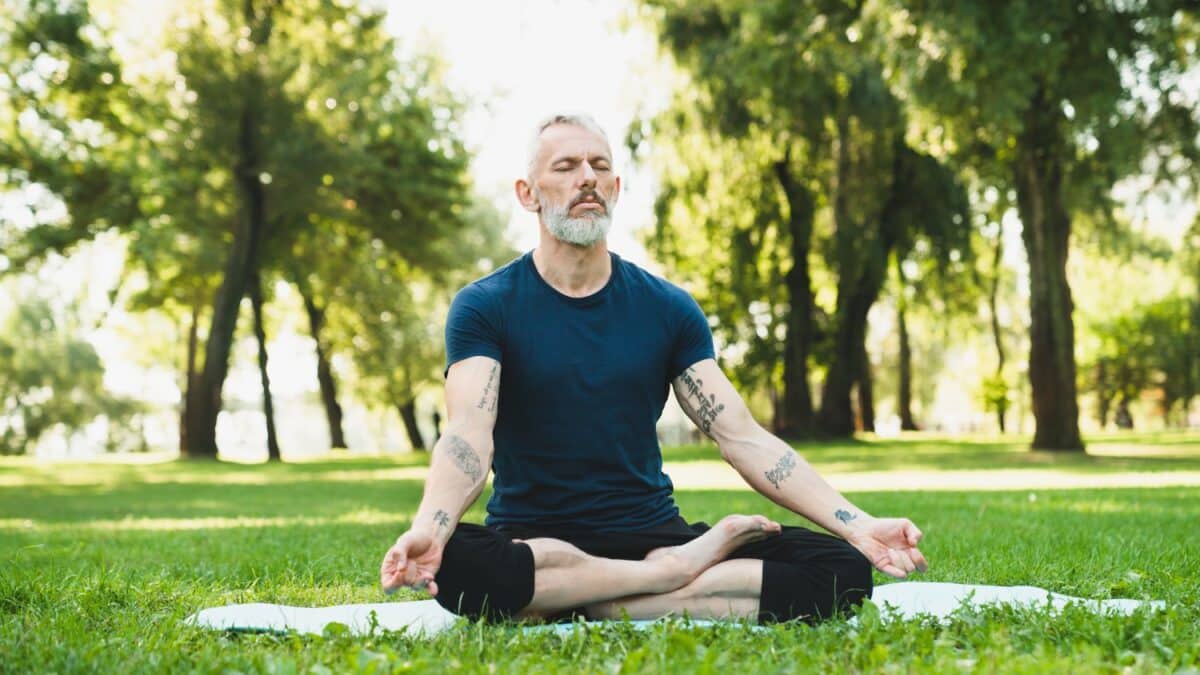An article by Renee W.
I have been sober on and off since 2013. I held three and a half years of recovery before I relapsed in 2017. It took me another two years to get sober again. I don’t recommend relapse, but the truth is, sometimes it takes a relapse to understand what we need to do to stay sober.
Don’t get me wrong—my relapse was horrible, but looking back, I call them my “research years”. I learned a lot about myself and have more recovery tools now than ever.
Relapse doesn’t have to be part of people’s recovery process. But, if you have relapsed and are feeling bad, hold onto the truth that your story is not over. You can recover from a relapse and get back on the path to recovery.
Understanding relapse
A relapse refers to a return to substance use after a period of abstinence. Many refer to “a relapse” and “a lapse” as two different things.
A lapse is often viewed as a brief “slip”, where someone may drink or use (temporarily), but then they immediately stop.
A relapse is when someone returns to substances after making a conscious decision to do so.
Relapses can happen because of many different factors. They are typically caused by a combination of things such as:
- Stress
- Boredom and isolation
- Environmental cues, including people, places, and situations
- Unresolved mental health or emotional issues
- Pain due to injuries or medical issues
- Lack of social support
- Low self-efficacy
- Lack of self-care
Types and stages of relapse

A relapse begins long before you drink or use.
The first stage, the emotional stage, starts when you stop coping with your stress and emotions in a healthy way. You may keep your feelings inside, isolate yourself from others, and deny that you have any problems. At this point, you may not be consciously thinking about using, but you are setting the groundwork for a relapse.
The second stage of relapse is the mental part. It is here that you begin to feel conflicted with anxiety. You may think you want to stay sober, but you may also begin battling cravings. You may even be subconsciously planning a relapse.
The physical relapse is when you actually use drugs or alcohol. It’s important to note that this is the final stage of relapse and the emotional and mental stages always precede the physical stage. No one “accidentally” relapses with no emotional and mental distress beforehand.
How to get back on track after you’ve relapsed
1. Be kind to yourself
It’s natural to have feelings of shame and guilt and think thoughts like, How could I have gone back to drinking and using?
As I said before, I relapsed in 2017 and didn’t get sober again until 2019. That was nearly a two-year relapse. A big part of me not reaching out for help was that I had so much shame. I berated myself daily for what I had done. Treating myself so badly made me worse. It made me continue to drink to escape those painful feelings.
Beating yourself up over a relapse will only make you feel worse and then continue to self-medicate with substances. This is the pivotal time where you should treat yourself as if you are a best friend – with kindness and compassion. This is the time to acknowledge what has happened, accept it as part of your story, and begin again.
2. Reevaluate triggers and underlying issues
What led to your relapse? This was a question I was asked so many times. At the beginning, I truly didn’t know. Now, I know. I had to dig deep and reevaluate my triggers and address issues that I had that I didn’t know I had.
Take time to reflect by asking what events, emotions, or circumstances contributed to your setback? Relapses don’t occur out of the blue.
It may be helpful to seek guidance from a professional counsellor or therapist, as they are trained to help you uncover underlying issues that dictate addictive behaviour.
3. Reinforce support systems
Reconnecting with your support network is a huge step in overcoming a relapse. I was embarrassed to go back to my 12-step meetings and face my peers, but doing just that helped me. First, it made me realise my story is not unique, and it was good to hear that. So many people in my recovery circles had also relapsed before. Hearing how they overcame it helped me overcome it.
Support systems not only provide encouragement, they provide accountability. It is common in 12-Step programs to mark your sobriety time with tokens. Of course, these physical pieces are symbols and they don’t keep you sober, but they can be a reminder of how far you have come.
4. Develop coping strategies for stress

Developing your own personal coping strategies for dealing with stress will help you recover from a relapse. I have always enjoyed writing, but I really use it as a recovery tool for coping with life. The act of writing is therapeutic for me. Additionally, I discovered that I love exercise and now use that as a coping strategy too.
Other healthy ways for managing stress include:
- Practice meditation, yoga, and/or mindfulness
- Engage with hobbies you enjoy
- Talk to trusted friends and family members
- Connect with your community or faith-based organisations
- Write a journal
- Try complementary therapies like acupuncture, massage and Tai Chi
Any tool that you can use to reduce stress, empower you, and help you in managing triggers will work.
5. Change up your environment and routine
It’s safe to say that changes need to be made to your environment and routine, especially early in recovery after a relapse. You may not even be aware of triggers yet (I certainly wasn’t during the first few months). However, you should identify any people, places, or things that could contribute to another relapse.
For me, this meant certain people that I could not be around and certain places I could no longer go to.
A solid routine is vital. Plan out your day every morning (or the night before). Start with planning it hour-by-hour and then stick to your plan. Creating a supportive and nurturing environment is pivotal in sustaining long-term recovery after a relapse.
6. Prioritise physical and mental health

Physical health is closely linked to mental health and recovery. When you start taking charge of your physical health, your mental health often follows.
Ways to improve your physical health include:
- Stay active
- Eat a balanced diet
- Get sufficient sleep
- Stay hydrated
- Get outdoors and boost your Vitamin D
- Take time out for relaxation
Research shows that regular physical exercise can significantly reduce stress, boost mood and improve cognition.
7. Learn from what happened
Like I said before, I consider my relapse years as my “research years”. I say that comically today, but it’s true. I had a lot to learn. I had to reflect on what triggered my setback, including the emotions and thoughts surrounding it.
Once you realise that a relapse can simply be a learning experience, you are ready to use the knowledge to develop strategies to prevent similar situations in the future.
Embrace the lessons you have learned about yourself. You are stronger now.
8. Make a relapse prevention plan
I went to a treatment centre when I got sober in 2019, and one of the tasks I had to do was design my own relapse prevention plan. The goal was to personalise it to me and include my triggers, my coping skills, and a list of people in my life who could help.
A relapse prevention plan can begin when you first take the step to get sober. Spend some time writing your own detailed plan that outlines your triggers, how you will cope, and names of people you can reach out to in your support system.
You can make adjustments to your plan as the days and months go by. The important thing is to have one in place.
There’s hope after relapse

Overcoming relapse may seem impossible, but if you only see these lines out of the whole article that’s great because these are the most important: There’s hope after a relapse.
Relapse does not mean you failed. You can get through it and start back on your recovery path. Overcoming relapse is a process and it requires commitment, self-reflection, and a proactive plan going forward.
I will have five years of sobriety in 2024. I am so grateful for my life today and I am grateful that I got over my shame and sought help after I relapsed. If I hadn’t, I don’t know where I would be, but it wouldn’t be good.
You are never “too far gone”. There’s always hope.
How White River Manor can help
White River Manor understands addiction relapse and is committed to helping you get back on track with your recovery.
Set in the heart of the stunning African bushveld, we offer our guests individualised programs and luxury care to restore balance and well-being.
Our team of highly qualified therapists and medical professionals work together to create customised treatment plans that help each of our clients gain the breakthrough they need and manage their recovery long after leaving our centre.
If you or a loved one is struggling with addiction or has experienced a relapse, please contact our team today to see how we can help.







